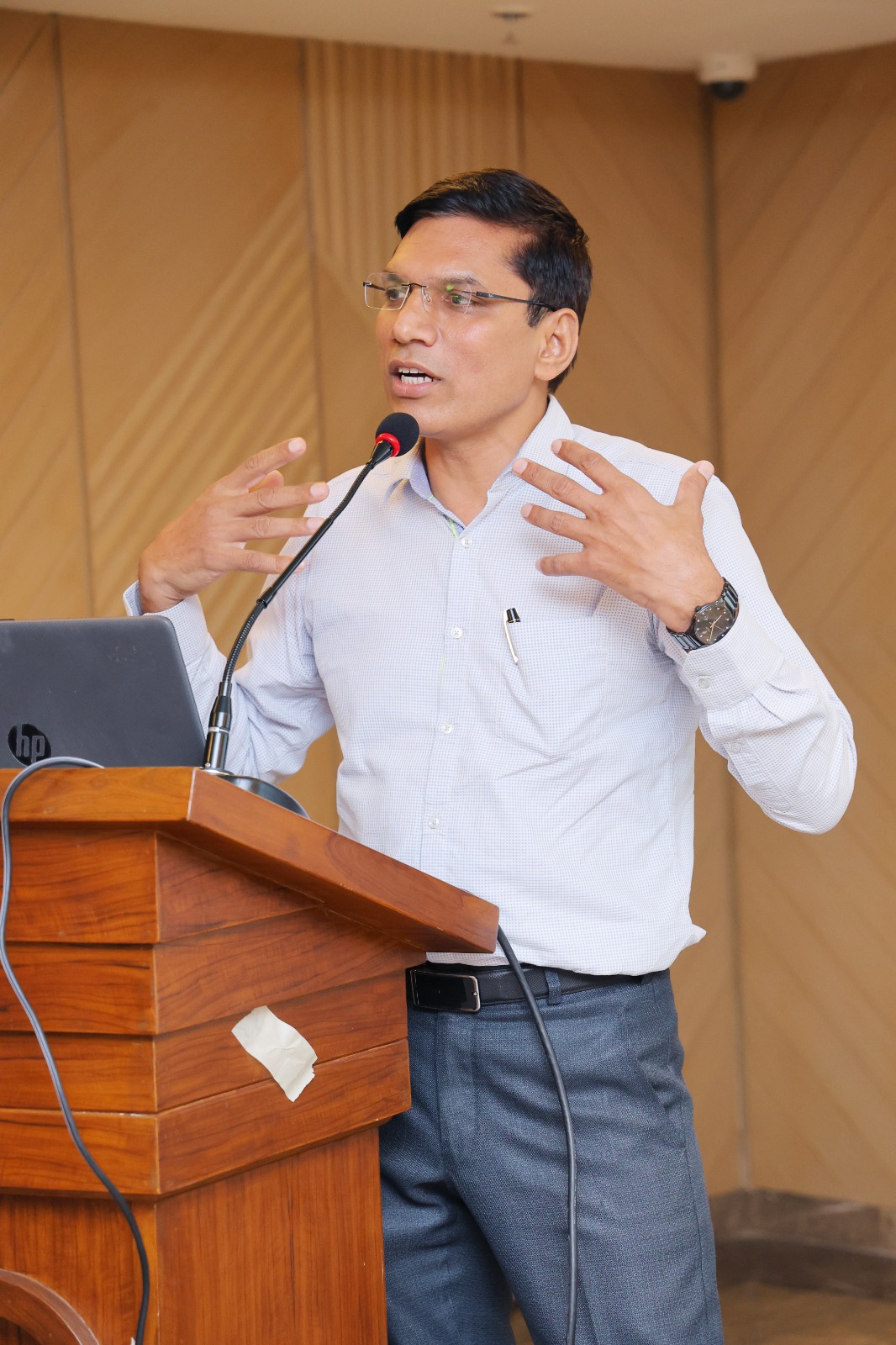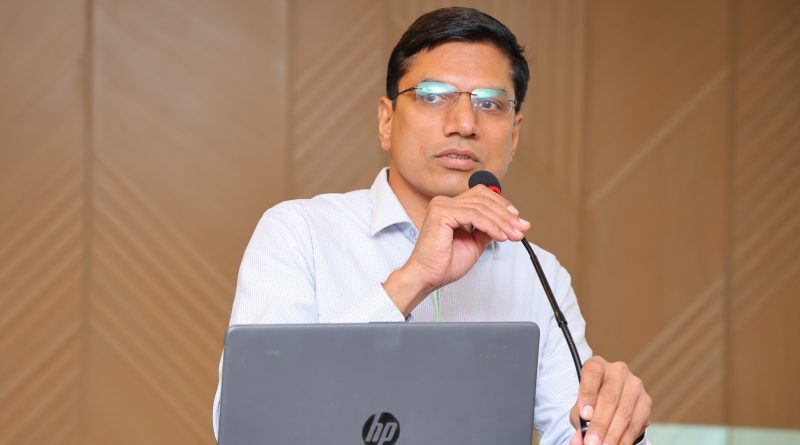Pushpanjali Hosts Meet on Critical Healthcare Issues
The Pushpanjali Medical Education and Research Centre recently organised its monthly Pushpanjali Study Circle, a clinical meet focusing on pressing healthcare challenges including medico-legal aspects of emergency care, biomedical waste management, and the health impacts of air pollution and climate change. The event brought together leading medical experts to share insights and best practices for improving patient care and healthcare systems.

The monthly clinical meet was formally inaugurated by Dr Vinay Aggarwal, Chairman and Managing Director of Pushpanjali Medical Centre, who emphasised the vital importance of such regular gatherings for medical professionals. In his address, Dr Aggarwal explained how these meetings serve as a crucial platform for all members of the healthcare practice – from physicians and medical assistants to administrative staff – to collectively evaluate current workflows, identify areas for improvement, and implement solutions to enhance overall efficiency. He stressed that while these meetings require dedicated time where routine calls might need to be redirected, the benefits to patient care and practice management make this investment invaluable. Dr Aggarwal shared concrete examples of improvements that emerged from previous meetings, including the implementation of specialised patient “lanes” at reception areas to better address different patient needs, which significantly reduced stress for both patients and staff. Another notable outcome was the development of comprehensive care plans for patients with chronic conditions that later served as models for treating similar cases. These successes, Dr Aggarwal noted, clearly demonstrate why inclusive participation from all practice members is essential for meaningful healthcare innovation.
The clinical meet featured an insightful presentation by Dr Vijay Dhankar, Head of the Department of Forensic Medicine at Dr BSA Medical College and Hospital, New Delhi, who addressed critical medico-legal considerations in emergency care. Dr Dhankar emphasised the delicate balance required in emergency situations between upholding patient rights, maintaining medical ethics, and ensuring timely treatment. He provided practical guidance for healthcare providers, advising them to always acknowledge patient wait times with sincere apologies rather than excuses, as this demonstrates respect for patients’ time and improves overall satisfaction. Dr Dhankar also examined the advantages and limitations of electronic medical records in emergency settings, noting that while their time-stamped entries provide accurate documentation of care timelines, the templated nature of such records can sometimes raise questions about their precision if not properly customised for each case.
Environmental health took centre stage in the presentation by Dr Ravindra Aggarwal, Senior Consultant at Lok Nayak Hospital and faculty member at Maulana Azad Medical College, New Delhi. Dr Aggarwal presented a comprehensive analysis of the interconnected health impacts of air pollution and climate change, explaining how various pollutants not only pose immediate health risks but also contribute significantly to global climate disruption. He highlighted the dual benefits of air quality improvement measures, which simultaneously protect public health while mitigating climate change through reduced emissions of both carbon dioxide and short-lived climate pollutants like black carbon and methane. Dr Aggarwal particularly emphasised the disproportionate climate impact of black carbon, which accelerates atmospheric warming and the melting of ice formations despite its relatively brief presence in the atmosphere compared to other greenhouse gases.
The monthly clinical meet also included valuable contributions from Dr Sangeeta Goel, Senior Consultant in Obstetrics and Gynaecology at Pushpanjali Medical Centre, and Dr Heemanshu Lodhi, Consultant Cardiologist at both Pushpanjali Medical Centre and Max Hospital, Vaishali, who shared their specialised perspectives on these critical healthcare issues. The event successfully fostered meaningful dialogue among healthcare professionals about improving patient care standards while addressing broader environmental challenges that impact public health.

